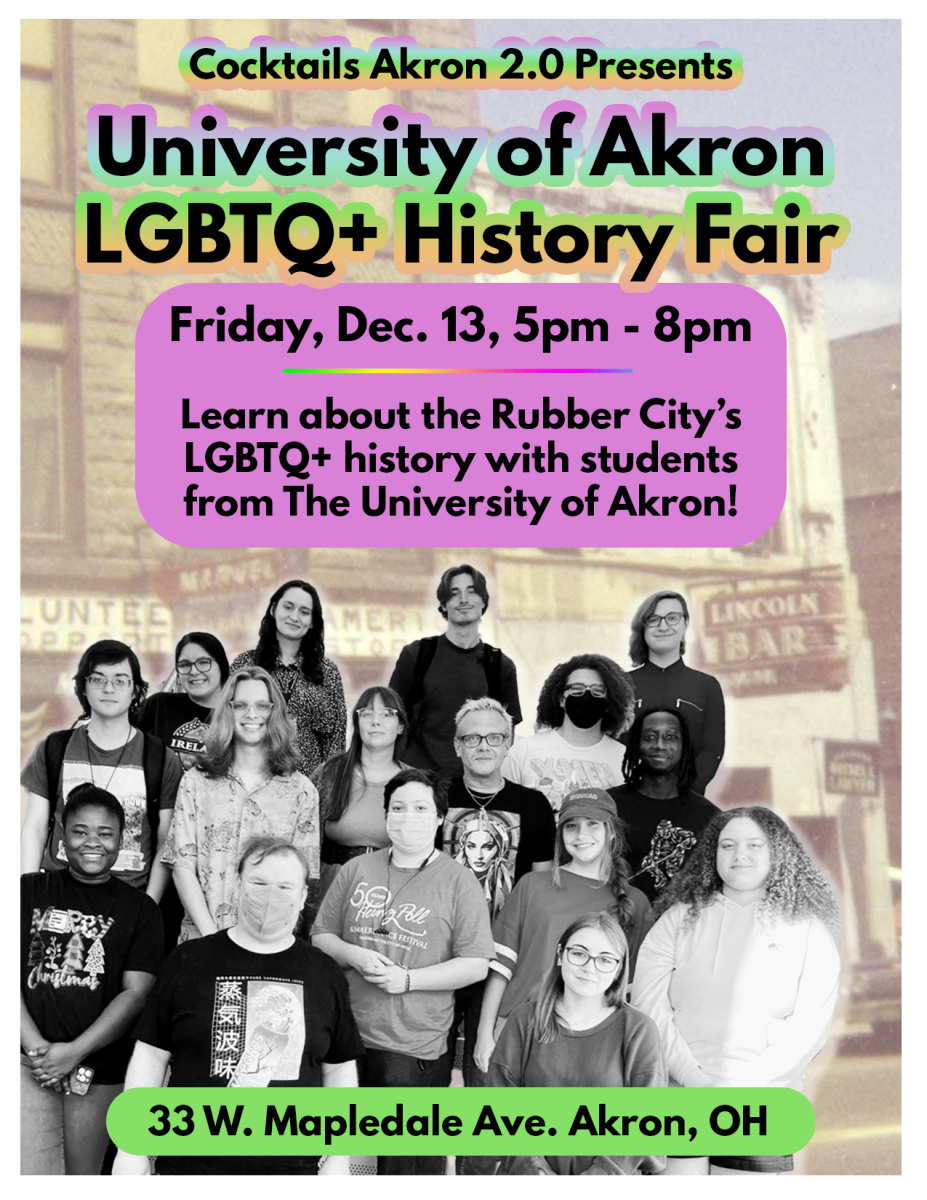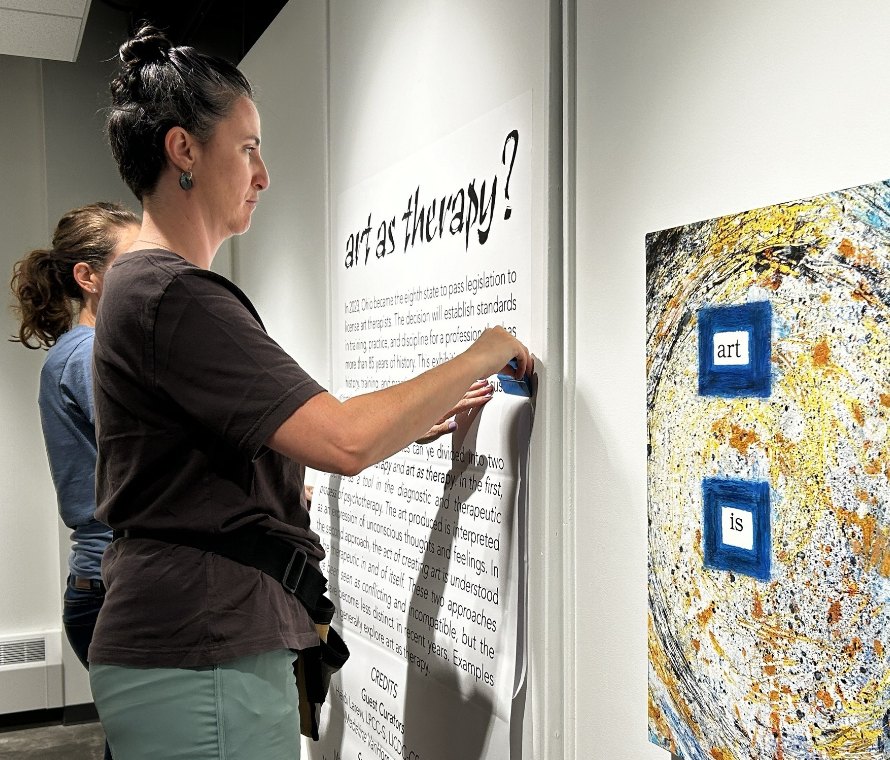Written by: Alicia Seitz
Dr. L. Diane Barnes, an associate professor of history at Youngstown State University, spoke at The University of Akron’s Martin University Center on Wednesday at the history department’s 19th Annual Knepper Lecture. At this lecture, Barnes gave listeners a new outlook on the struggle for abolition during the U.S. Civil War.
“I am going to talk about something that I am working on now that has sort of spun out of the work I’ve done on Frederick Douglass, the Frederick Douglass Papers, and that is that we are now commemorating the (150th anniversary) of the Civil War,” Barnes said.
Barnes spoke about many different societies and leagues of abolitionists who had a major impact, before and throughout the Civil War, on the abolition of slavery.
Although she concentrated on the two most famous white abolitionists, William Lloyd Garrison and Wendell Phillips, she also spoke very highly of the famous African-American abolitionist Frederick Douglass.
“White activist William Lloyd Garrison found that the abolition of slavery represented the combination of his life’s work,” Barnes said. “For African-American abolitionist Frederick Douglass, the war represented the beginning of a moral struggle and the economic and political future of African-Americans in the U.S.”
The real meaning of abolition was a hot topic in the lecture, due to the many meanings it has for different people. According to Webster’s Dictionary, abolition is “an act by which a thing is extinguished, abrogated or annihilated.”
“Even for the most radical anti-slavery activists, making abolition of slavery a goal of the war was enough,” Barnes said.
Barnes explained that during this time many people were confused about the meaning of abolition. She added that today, some still may be confused about its meaning.
An audience member asked why it is important today to learn about something that happened 150 years ago.
Barnes said that although slavery was abolished in 1865 with the 13th Amendment, the struggle for racial equality did not end with the war. She went into great detail about the different alliances and leagues that formed during this time, including the Bird Club, the Emancipation League and the Anti-Slavery Society.
Though Barnes joked that no one had fallen asleep during the lecture, she closed with a question-and-answer session, which many audience members took advantage of.





